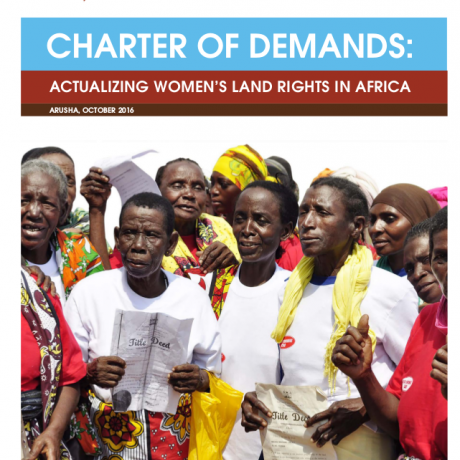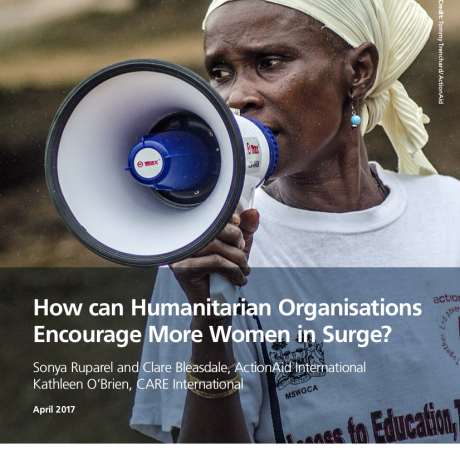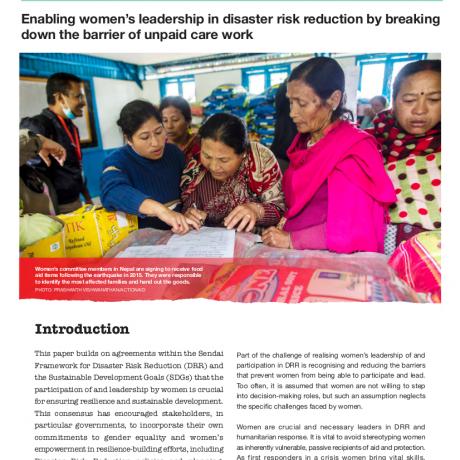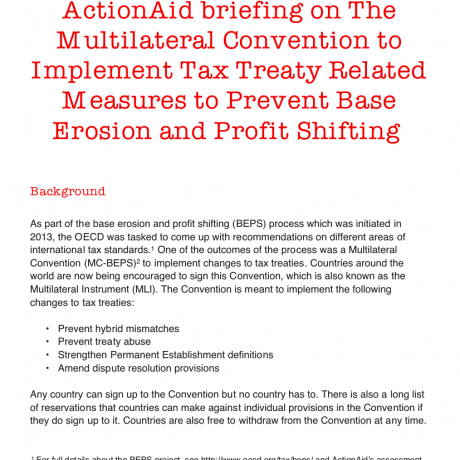Women's Leadership in Resilience
Changing weather patterns and rising temperatures are increasing the likelihood and severity of disasters, while the risks of violent conflict, human and animal epidemics, environmental degradation
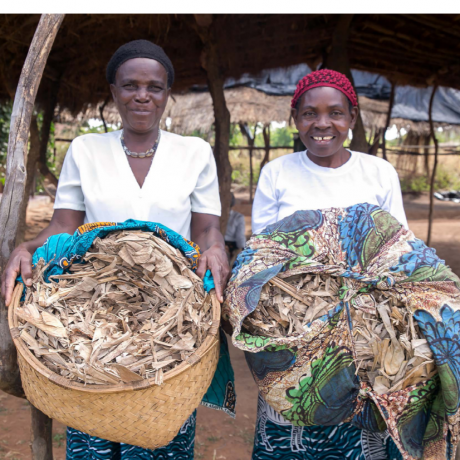
Charter of Demands: Actualizing women's land rights in Africa
The Kilimanjaro Initiative is a rural women’s mobilisation from across Africa towards an iconic moment at the foot of Mt Kilimanjaro in October 2016. The Kilimanjaro Initiative was conceived when, we
How governments are failing on the right to education
This report presents important new findings on the right to education from citizen-led research in Malawi, Mozambique, Tanzania and Nepal. Unlike most such studies it is the product of research and
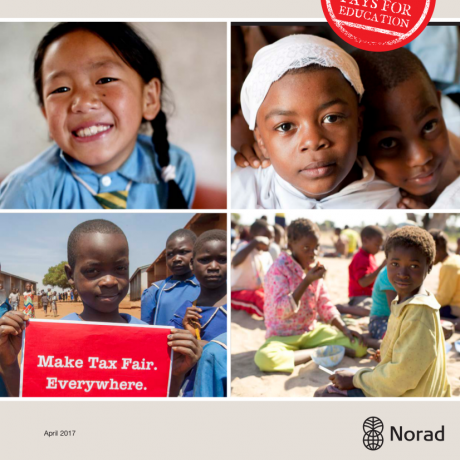
How can Humanitarian Organisations Encourage More Women in Surge?
Surge capacity is defined as the ability to scale-up (and down) resources smoothly and quickly, including getting the right people to the right places doing the right things in the shortest amount of
The wrong model for resilience
The G7-backed African Risk Capacity (ARC) drought insurance policy was an experiment that failed Malawi, and in particular its women, in the face of a drought that need not have become a disaster. The
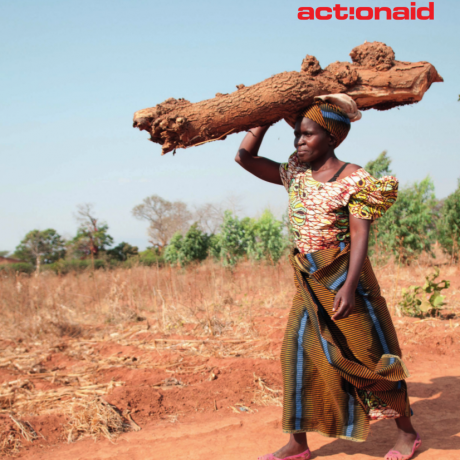
Beyond caring: Enabling women’s leadership in disaster risk reduction by breaking down the barrier of unpaid care work
Women are crucial and necessary leaders in disaster risk reduction (DRR) and humanitarian response. However, a key challenge to realising women’s leadership of and participation in DRR is recognising
ActionAid briefing on The Multilateral Convention to Implement Tax Treaty Related Measures to Prevent Base Erosion and Profit Shifting
As part of the base erosion and profit shifting (BEPS) process which was initiated in 201 3, the OECD was tasked to come up with recommendations on different areas of international tax standards. One
Education Action 23
This edition begins with an article on a fascinating collaborative research project, which examined the role and influence of parents and teachers on children's learning outcomes in primary schools in
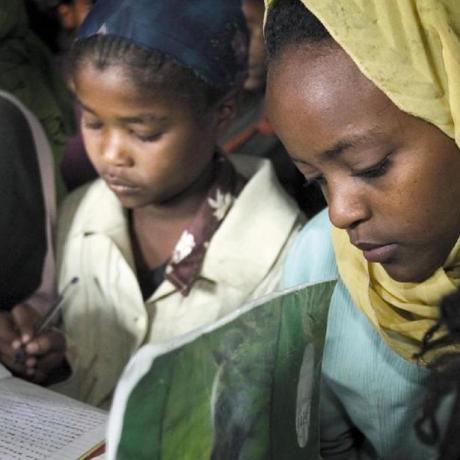
Insights and experiences from Ghana and Rwanda: hidden intersections on women’s rights and climate resilient sustainable agriculture
The Dutch Ministry of Foreign Affairs funded ActionAid International to implement the Women’s Rights to Sustainable Livelihoods project in Ghana and Rwanda between 2012 and 2015. The purpose of the
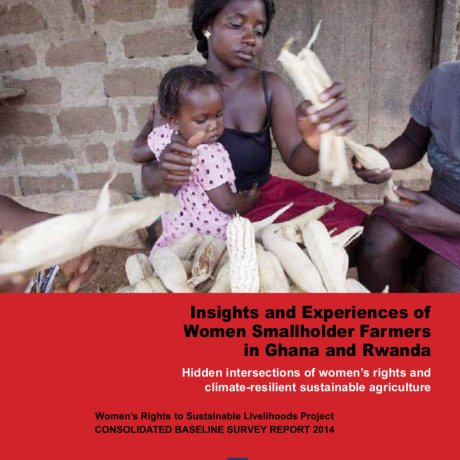
The BEPS process: Failing to deliver for poor countries
To tackle tax dodging, the G8 and G20 mandated the Organisation for Economic Co-operation and Development (OECD) to lead on the ‘base erosion and profit shifting’ (BEPS) process. Yet a year into the
